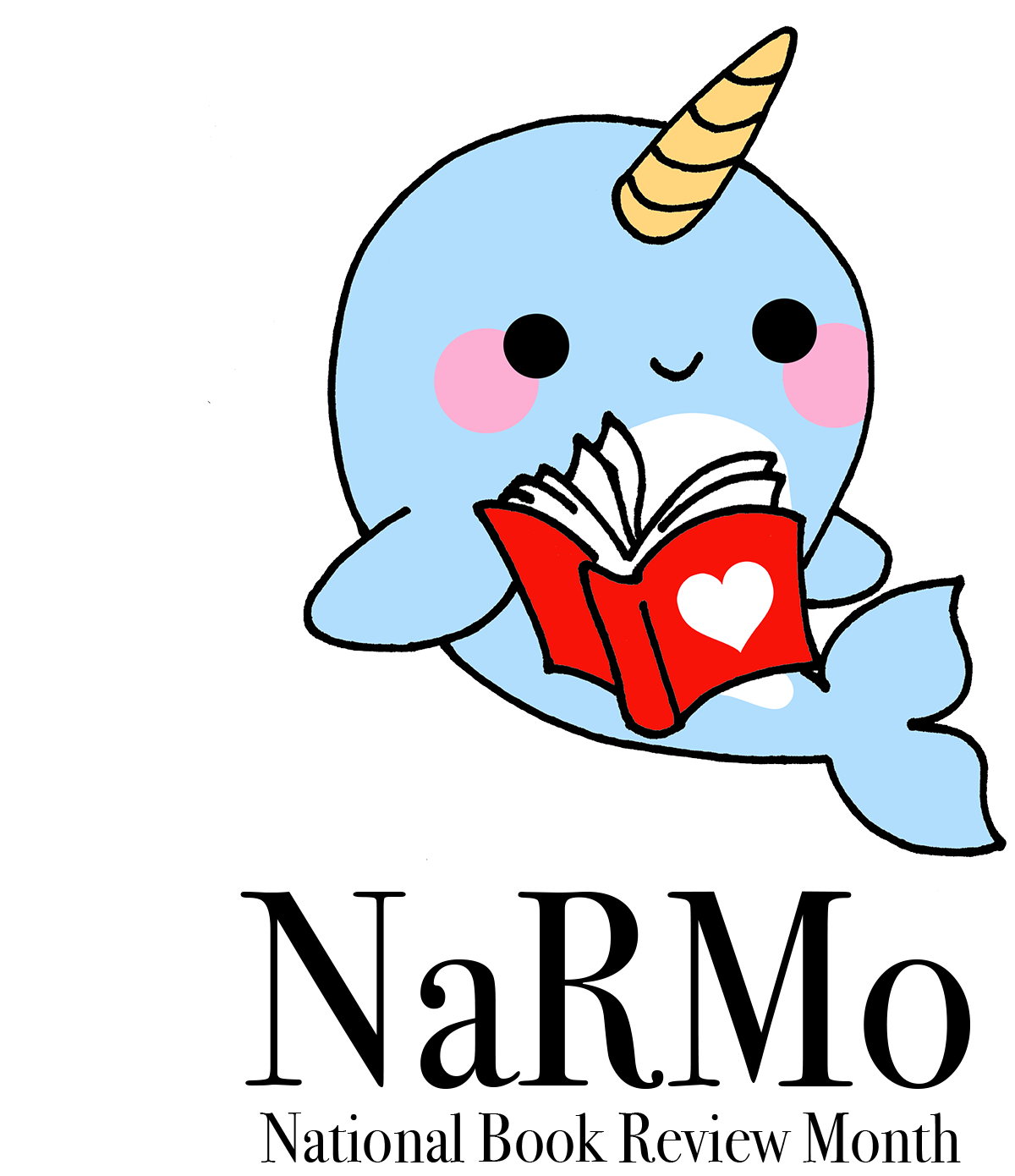
In “Belonging: A German Reckons with History and Home,” Nora Krug explores her family’s roots in Nazi Germany. Her childhood was spent in Germany, but after moving to the United States as an adult, she realized that she had many unresolved questions about the various roles her family members played in the Nazi regime. Her family’s involvement was widely hidden from her, either due to a lack of information or a desire to avoid associating with troubling history. “Belonging” is the story of how Krug pieced together the truth of her family’s history through research spanning many historical sources, critical conversations, and journeys to her family’s original home. As the title of the graphic novel implies, Krug grapples with the heaviness of a horrible history weighing upon her family and attempts to find meaning in her heritage during her mission to uncover the truth. “Belonging” considers what it means to find heimat− the feeling of being at home− while reflecting on how people today are responsible for carrying the burdens of our ancestors’ pasts.
The graphic novel format of this work makes processing difficult histories more accessible. It is a great tool for beginning to interpret, reason, and analyze like a historian. Krug includes many primary sources tied to her family in the novel. For instance, she breaks down schoolwork from her uncle’s childhood. He died as a Nazi soldier. In 1939 he wrote a report comparing Jewish people to poisonous mushrooms− an idea, Krug notes, he likely received from a 1938 collection of anti-Semitic children’s stories. Krug proceeds to analyze her uncle’s childhood work and assess how Germans were influenced by propaganda. In reading “Belonging,” I found myself pondering themes such as the concept of home, human nature, and the value of truth. I recommend this graphic novel, particularly to those passionate about history, because it offers a creative framework for processing tragic history and depicts the interesting research journey Krug made to uncover family mysteries.
